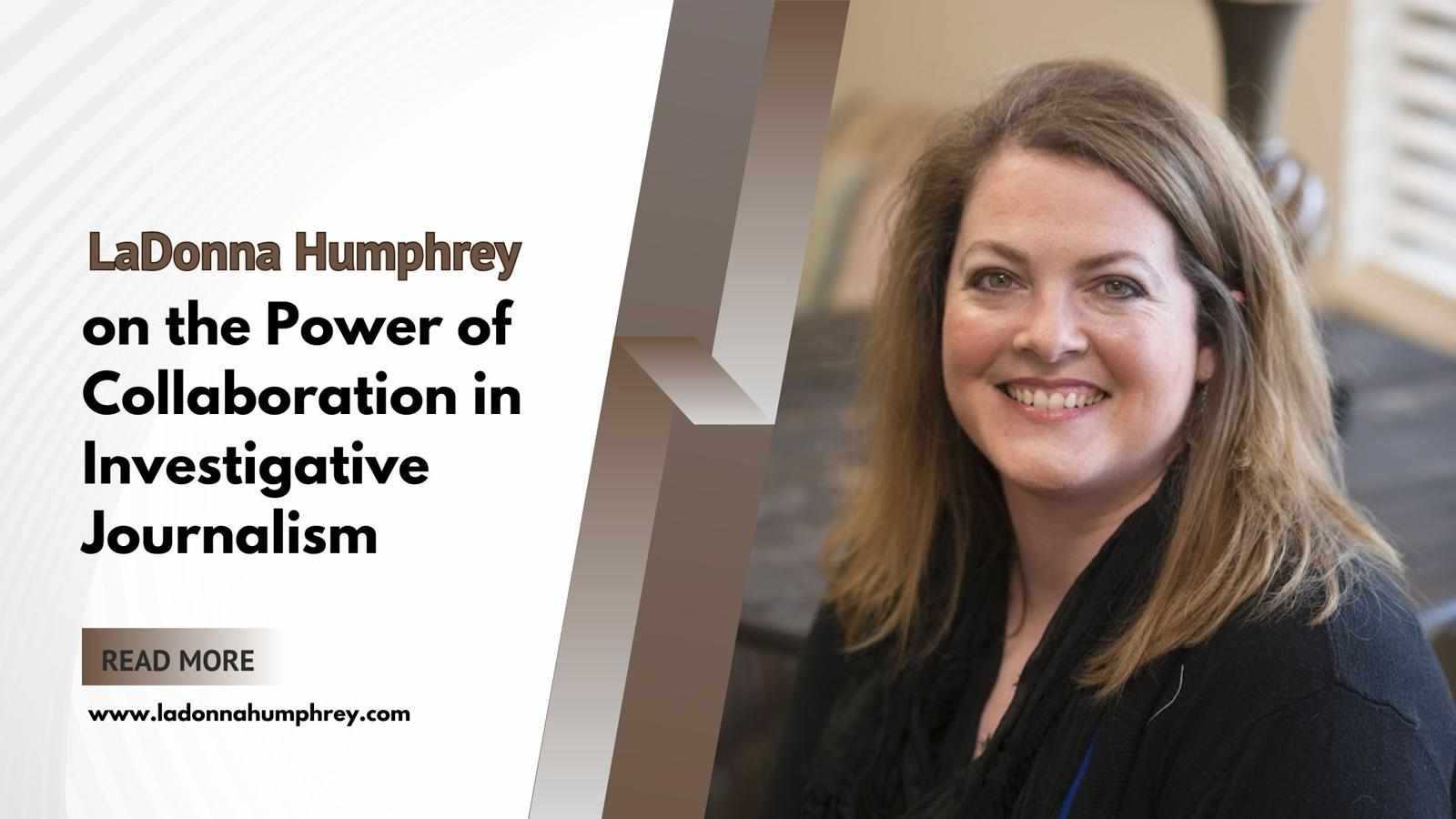
Casting is one of the most important parts of any film or TV project. You can have a great script, a talented crew, and top-notch equipment—but if the cast isn’t right, the story won’t connect with the audience. Jake Seal Black Hangar producer and industry expert, breaks down how to hold auditions and choose the right people for your project.
Whether you're an indie filmmaker or working on a studio production, casting can be stressful. But with a smart approach, it can also be one of the most rewarding parts of the job.
Why Good Casting Matters
According to Jake Seal Black Hangar, casting goes far beyond finding someone who "looks the part." You’re looking for actors who understand the character, can bring emotional depth, and work well with your team on and off set.
A great actor doesn’t just say lines—they bring them to life. The wrong choice, even if they seem promising on paper, can affect the entire tone of a film.
How to Hold Successful Auditions: Step-by-Step
Here’s a practical guide based on Jake Seal’s experience at Black Hangar Studios.
1. Write Clear Character Descriptions
Before you start auditioning anyone, make sure you’ve written clear role breakdowns. Each description should include:
Age range
Gender (if needed)
Personality traits
Background story
Special skills (accents, stunts, etc.)
This makes your casting call more accurate and helps actors prepare better.
2. Create and Share the Casting Call
Next, write a casting call that includes all the necessary details:
Role descriptions
Audition location or video submission guidelines
What materials actors should bring or send (like headshots, reels, monologues)
Contact info and deadlines
Jake Seal suggests using trusted platforms like Backstage, Mandy, and casting social groups. If your project is indie, local acting communities can also be a great source.
3. Review Submissions with Focus
Once you start getting submissions, take your time reviewing them. Don’t just look for a specific “look”—watch reels, read resumes, and trust your instincts. Sometimes the best actors are the ones who surprise you.
Jake Seal Black Hangar emphasizes quality over quantity: “You don’t need a huge list. You need the right person.”
4. Send Sides Before the Audition
Pick a short scene from your script and send it to the actors beforehand. This gives them a chance to prepare and gives you a better sense of how they interpret the role.
Choose a scene that shows the emotional core or conflict of the character. It doesn’t need to be long—just meaningful.
5. Keep the Audition Room Comfortable
People perform better when they feel relaxed. Make your audition space welcoming, explain the scene setup, and give actors time to breathe. You’re not just watching how they act, but how they carry themselves.
Jake Seal believes this sets the tone: “Auditions should feel like collaboration, not a test.”
6. Watch for Chemistry
If your project has scenes involving close relationships—like romantic partners, siblings, or best friends—do a chemistry read between actors. Sometimes, two strong individuals don’t click together on screen, and that matters.
Chemistry can’t be forced. It’s either there or it isn’t.
7. Test Their Ability to Take Direction
Ask them to do the scene again with different notes. A great actor isn’t just good in one take—they’re flexible. Can they adjust their tone? Show a different emotion? That adaptability is key on a busy film set.
Mistakes to Avoid During Casting
Jake Seal has seen the impact of rushed or shallow casting decisions. Some common mistakes include:
Casting based only on appearance
Ignoring how well someone fits the team
Skipping chemistry reads
Not checking availability or scheduling conflicts
Overlooking personality or attitude
Good casting means looking at the whole picture, not just a single performance.
Final Thoughts from Jake Seal Black Hangar
Casting is more than filling roles—it’s about finding collaborators. The people you cast will shape your story, set the mood on set, and influence the overall energy of the production.
As Jake Seal Black Hangar says, “The right cast doesn’t just act—they elevate everything around them.”
Don't rush the casting process if you're serious about making a great film. Take your time, be clear in what you’re looking for, and trust your gut when someone feels right for the role.



















Write a comment ...